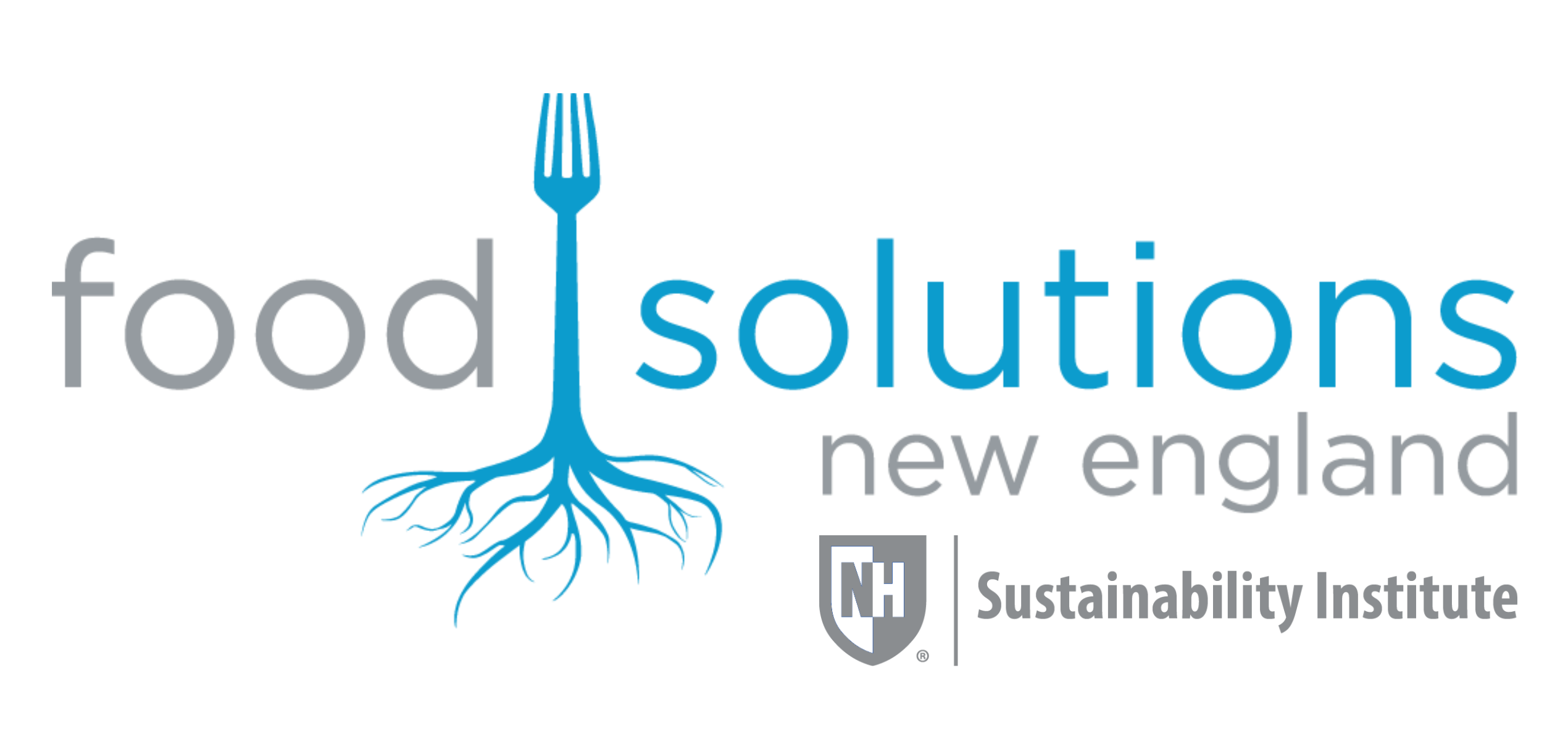On this Thanksgiving, there is indeed much to be grateful for, yet on a day so focused on food and family, it is hard to escape the fact, nor should we remain comfortable with the reality, that nearly one in seven Americans reports being food insecure, meaning that they are unable to consistently meet their food needs. Feeding America has an interactive site that provides critical information regarding hunger in America, estimating that nearly 15 million children are hungry in America, with over 46 million Americans living in poverty. In New England, nearly 12% of households (that’s nearly 680,000) report food insecurity.
Another anti-hunger advocacy group, Bread for the World, has just released its 2016 annual hunger report which captures the extent of hunger in America, and provides an in-depth assessment of our country’s lack of willingness to go beyond addressing immediate food shortages to dismantle the root causes of hunger. We are called to consider the power of food to nourish individuals and communities, and using the framework of the United Nation’s Sustainable Development Goals, to be the generation that ends hunger and poverty.
One’s capacity to feed oneself and one’s family in a dignified way on a daily basis depends on adequate income and access to food. In the next few weeks, many Thanksgiving baskets and Christmas food drives will result in alleviating a few days of food insecurity, but long term solutions will require that we do more to secure jobs and livable wages.
At the national level, Senator Elizabeth Warren joined with the Economic Policy Institute to call for a 12-point agenda that will lead to greater gender and wage equity. The need is clear: according to the Economic Policy Institute,
Nowhere in the United States can a minimum-wage worker—even one without children—earn enough to attain a secure yet modest lifestyle. Raising the minimum wage particularly benefits women. For example, raising the federal minimum wage to $12 by 2020 would boost wages for one-fourth of the workforce, or 35 million working people—56 percent of whom are women.
As we celebrate all that we have, and think about those not able to fully engage in the food system, let us commit to working for a food system that works for all, and to addressing endemic food insecurity as part of food system transformation.
“As we express our gratitude, we must never forget that the highest appreciation is not to utter words, but to live by them.” -John F. Kennedy
Joanne Burke is the UNH Thomas Haas Professor in Sustainable Food Systems at the University of New Hampshire and a member of the Racial Equity and Food Justice Working Group of the Food Solutions New England network.




